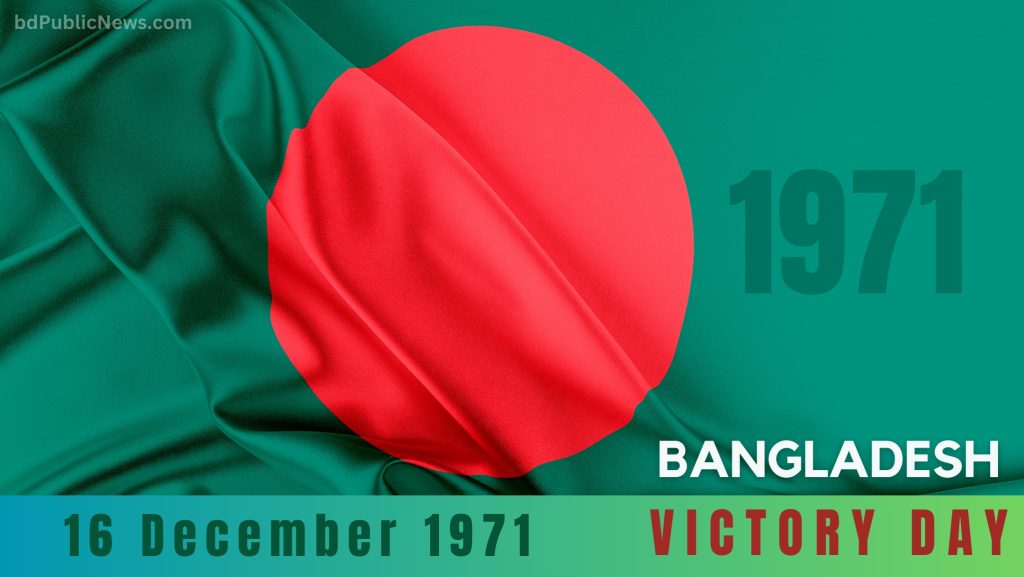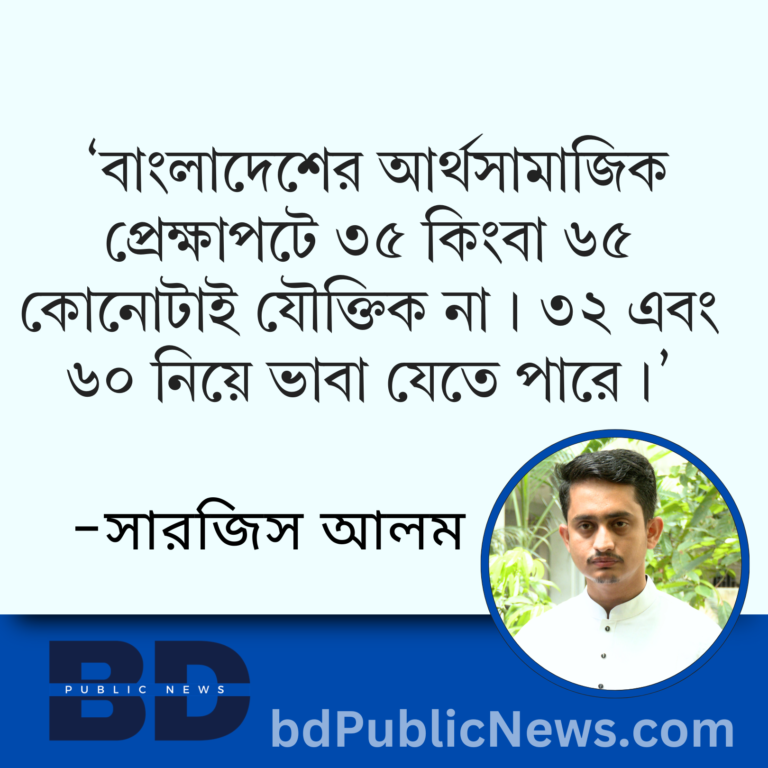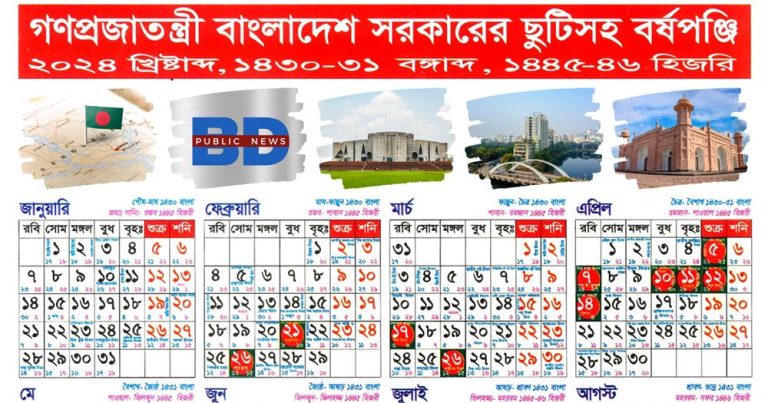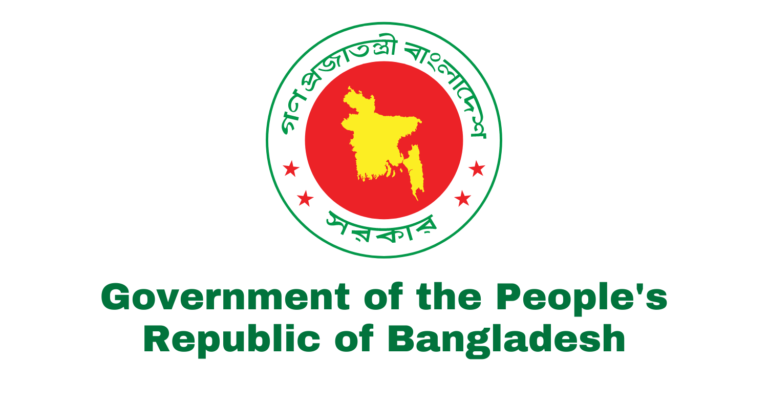16 December Victory Day of Bangladesh : Celebrating Freedom and Remembrance
The Significance of Bangladesh’s Victory Day – December 16th, 1971
The 16th of December marks a pivotal chapter in Bangladesh’s history, a day imbued with the spirit of triumph and the poignant memories of a hard-fought struggle for independence. Known as Victory Day, it commemorates the victory of Bangladeshi forces over the Pakistani military in 1971, culminating in the birth of a new nation. This day stands as a testament to the resilience and bravery of the Bangladeshi people, whose relentless pursuit of justice and freedom rewrote the destiny of a land long suppressed under foreign dominion. As the nation adorns itself in red and green, echoing the colors of its flag, every street, every home, and every heart resonates with tales of valor and sacrifice, making Victory Day not just a historical event, but a perennial source of national pride.
The Prelude to Independence
The roots of Bangladesh’s quest for independence were planted well before the commencement of the Liberation War. The agitation that enveloped East Pakistan started with the Language Movement in 1952, when mass protests erupted over the imposition of Urdu as the only national language, sparking a robust national identity among the Bengali speakers. The crisis intensified after the 1970 general elections, in which the Awami League, under Sheikh Mujibur Rahman, overwhelmingly won in East Pakistan but was prevented from taking power. This clear violation of democratic norms provoked broad discontent and prepared the groundwork for a remarkable revolt.
The Liberation War
The Liberation War, which spanned nine grueling months in 1971, is a saga of courage against overwhelming odds. It began with the historic declaration of independence by Sheikh Mujibur Rahman in the early hours of 26th March, following the brutal crackdown by the Pakistani military known as Operation Searchlight. The war saw fierce battles across the land, from the guerrilla warfare of the Mukti Bahini, the Bangladeshi freedom fighters, to major confrontations in places like Sylhet, Chittagong, and Jessore. The war was not just fought on the battlefields but also in the hearts and minds of the Bangladeshi people, who, despite facing immense hardships, remained steadfast in their quest for freedom.
The Day of Victory:
On the 16th of December 1971, the relentless struggle of the Bangladeshi people reached its climax. The Pakistani military, depleted and demoralized, finally surrendered at the Ramna Race Course in Dhaka, a moment that marked the end of a brutal regime and the emergence of Bangladesh as a sovereign nation. The joy that erupted across the newly liberated country was indescribable – people flooded the streets in celebration, embracing their newfound freedom. This historic day not only signified a military victory but also the triumph of justice, human rights, and self-determination.
The Aftermath and International Reaction
The aftermath of the Liberation War saw Bangladesh grappling with the daunting task of rebuilding a war-torn nation. Despite the challenges, the international community quickly came forward in solidarity. Countries around the world recognized the new nation, establishing diplomatic relations and offering much-needed humanitarian aid. This global support played a crucial role in Bangladesh’s journey towards stability and development, marking the start of a new chapter in its international relations.
Commemorating Victory Day
Victory Day in Bangladesh is vividly celebrated with parades, cultural acts, and displays of patriotism. The national flag is raised in homes, workplaces, and public areas, as the air fills with the sounds of the national anthem and songs of freedom. Wreaths are laid at memorials as a tribute to the martyrs who gave their lives for the country’s independence. These festivities are not only a showcase of national pride but also serve as a poignant reminder of the sacrifices made for freedom, peace, and justice.
The Legacy of Liberation
The Liberation War is profoundly embedded in the national consciousness of Bangladesh, molding its identity and principles. The legacy of the war is reflected in the country’s dedication to democracy, human rights, and social justice. Schools and cultural institutions are crucial in preserving the war’s memories and lessons for future generations, ensuring that the ethos of 1971 remains a guiding and inspiring force for the nation.
As Bangladesh commemorates another year of its hard-won victory, the significance of the 16th of December remains as relevant as ever. It’s a day to reflect on the past, celebrate the present, and look forward to a future built on the foundations of freedom and dignity. Victory Day is more than just a date in the calendar; it’s a symbol of the enduring spirit of a nation that rose from the ashes of war to write its own destiny.







